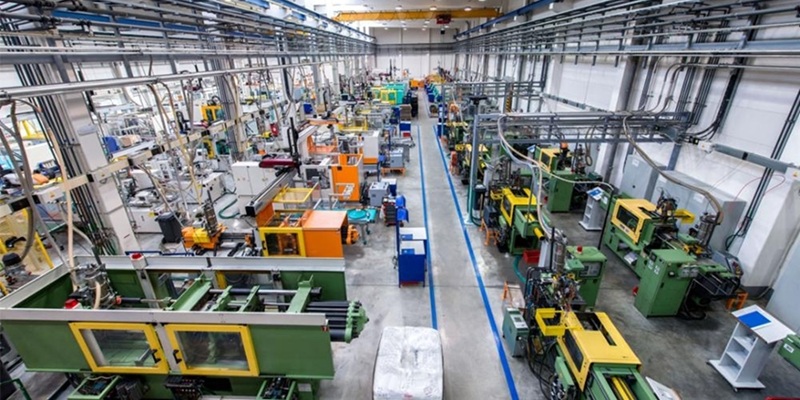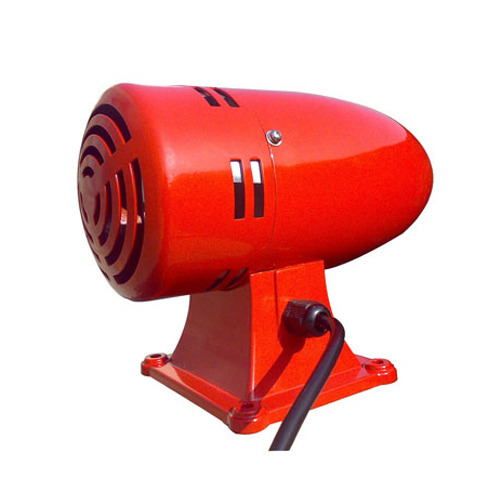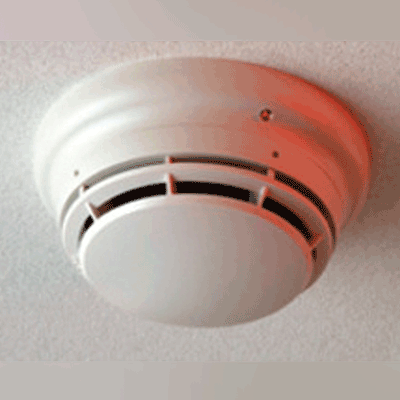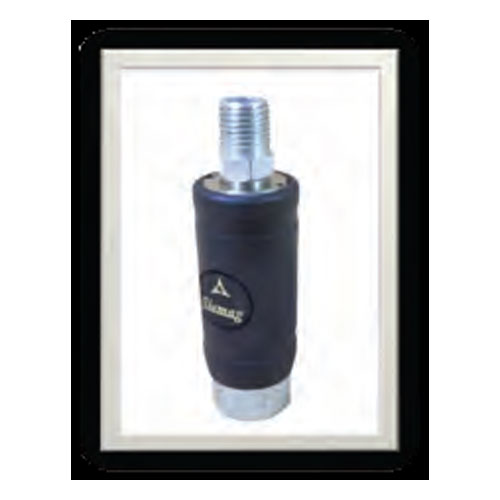Schedule a Call Back
Companies can create policies essential for meeting regulations: Kumar Ritesh
 Interviews
Interviews- Dec 03,24

Related Stories

How MNCs are strategising to capture market in India
Today, the Indian MNC scene is changing vastly, with many new ones setting up shop in India. With China becoming less attractive, India is becoming the go to place, writes R Jayaraman and Firoz S Ri..
Read more
Path to Component Independence
India’s electronics sector is on an impressive growth trajectory. According to Commerce Ministry data, electronics exports surged 47 per cent during April–June this fiscal to $12.41 billion.
Read more
Tata Motors acquires Italy-based Iveco Group for EUR 3.8 billion
The agreement, which excludes Iveco's defence business, aims to create a commercial vehicles group with the reach, product portfolio and industrial capability to be a global champion in this dynamic..
Read moreRelated Products

Fire Protection - Industrial Sirens
Amit Safety Enterprises offers a wide range of fire protection industrial sirens.
Read more
Fire Alarm Sysytem
Nayakson Security Systems is offering a range of fire alarm, intrusion alarm and gas alarm systems.

Push Button Safety Quick Release Coupling
Siemag introduces the all new push button safety quick release couplings. Read more















